Improving market gardeners' incomes
The project aimed to increase and secure the incomes of 600 urban and peri-urban market gardeners, of whom 40% are women, from the cities of Maputo and Napula through more sustainable and profitable farming practices.
At the end of the project, 643 market gardeners were trained in the principles of agro ecology. Over the course of the project, more than 659 experiments were conducted by the producers in their fields in order to practice implementing these techniques. It is also interesting to note that 23% of these market gardeners have totally converted to organic farming, that is to say approximately 1 person out of 5 concerned. The project has also developed some beneficial elements to the structuring of the market gardening sector. Thus, more than 20 producers' organizations have been supported in their organizational structure. The project has succeeded in meeting the dual objective of allowing producers to earn more income thanks to these new activities while being sustainable from an environmental point of view.
French association ESSOR was founded in 1992 and aims to help vulnerable populations to sustainably improve their lives. ESSOR conducts a number of projects in six countries: France, Brazil, Cape Verde, Guinea-Bissau, Mozambique and Chad. The association has recognised expertise in the field of childhood, education, training and professional integration.
Type
Education / EnvironmentDuration
April 2019 - Jume 2021Location
MozambiqueWith whom
ESSOR
Website
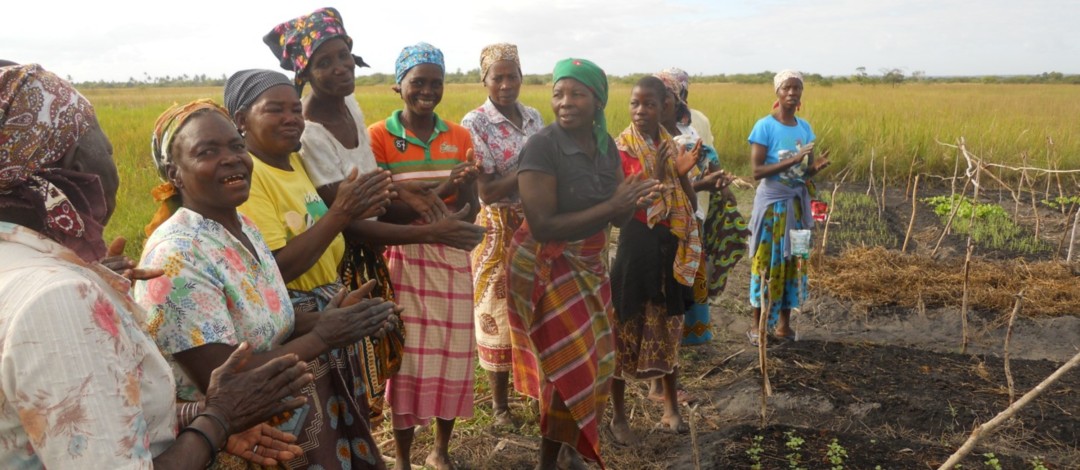
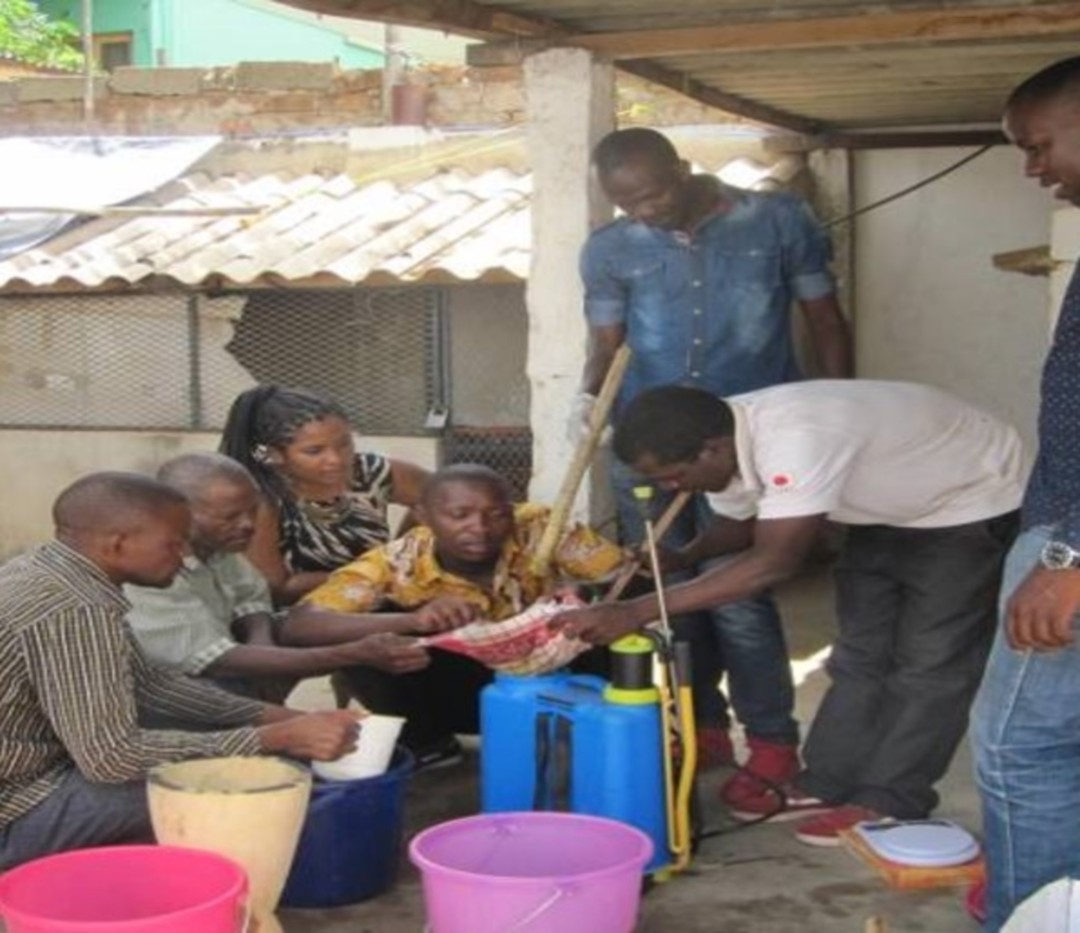
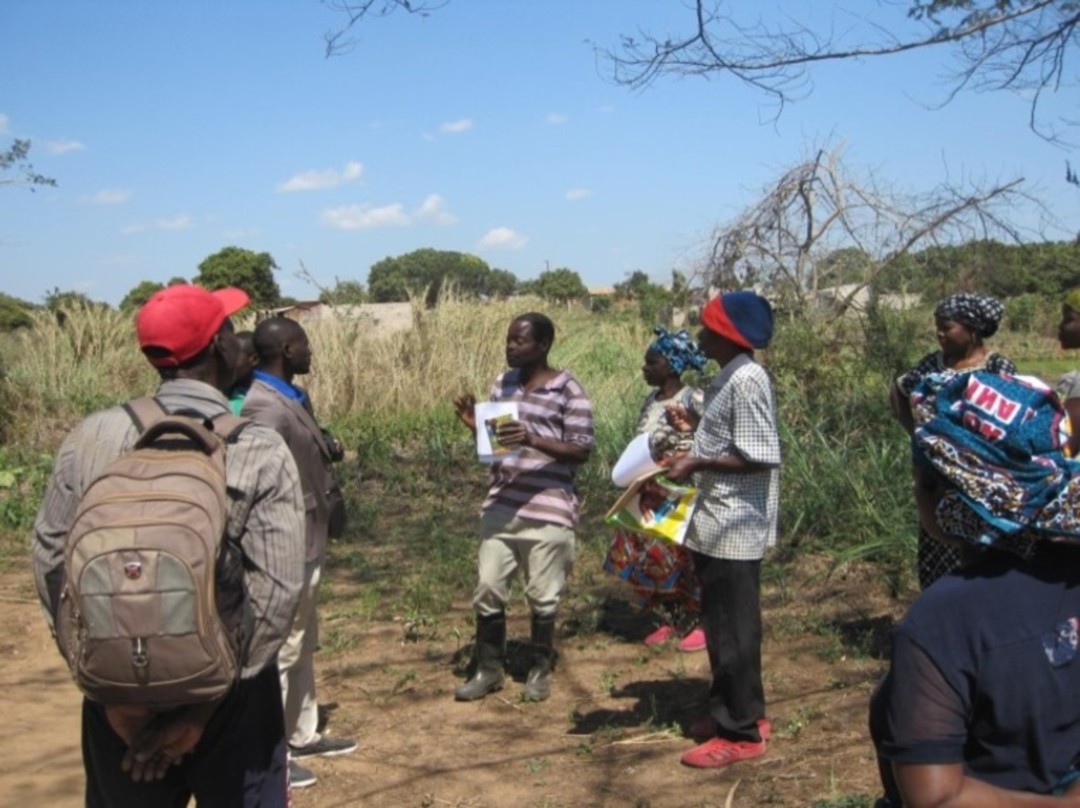
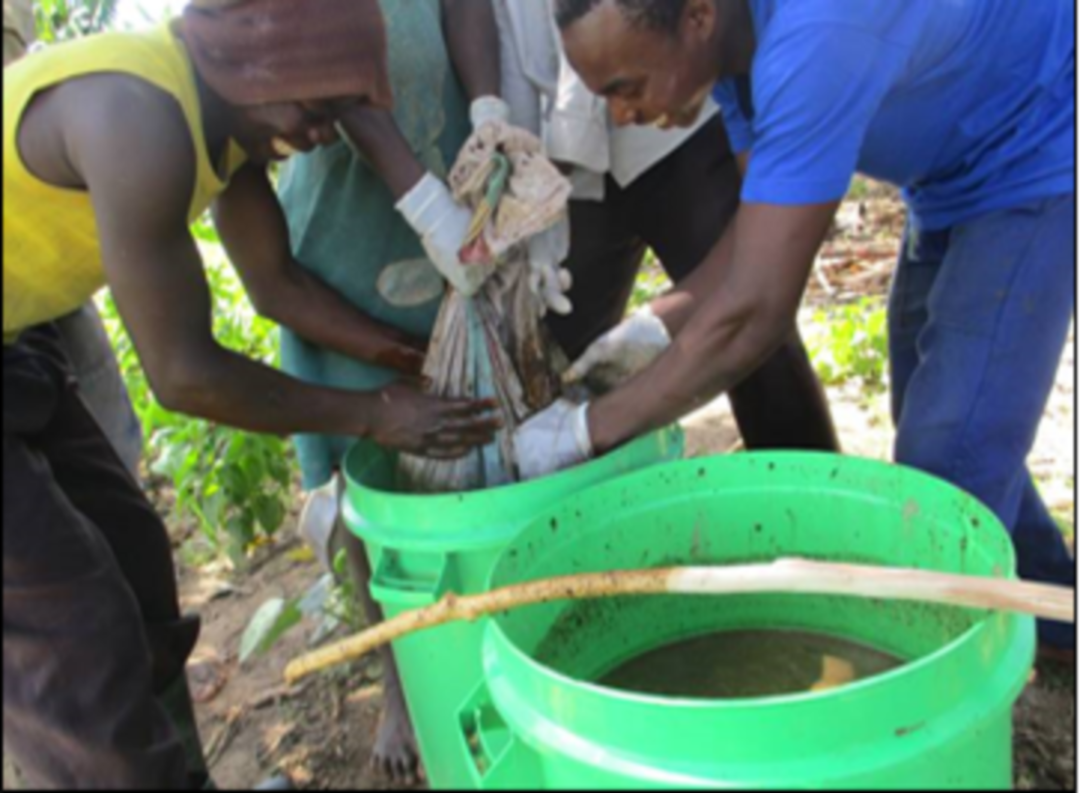
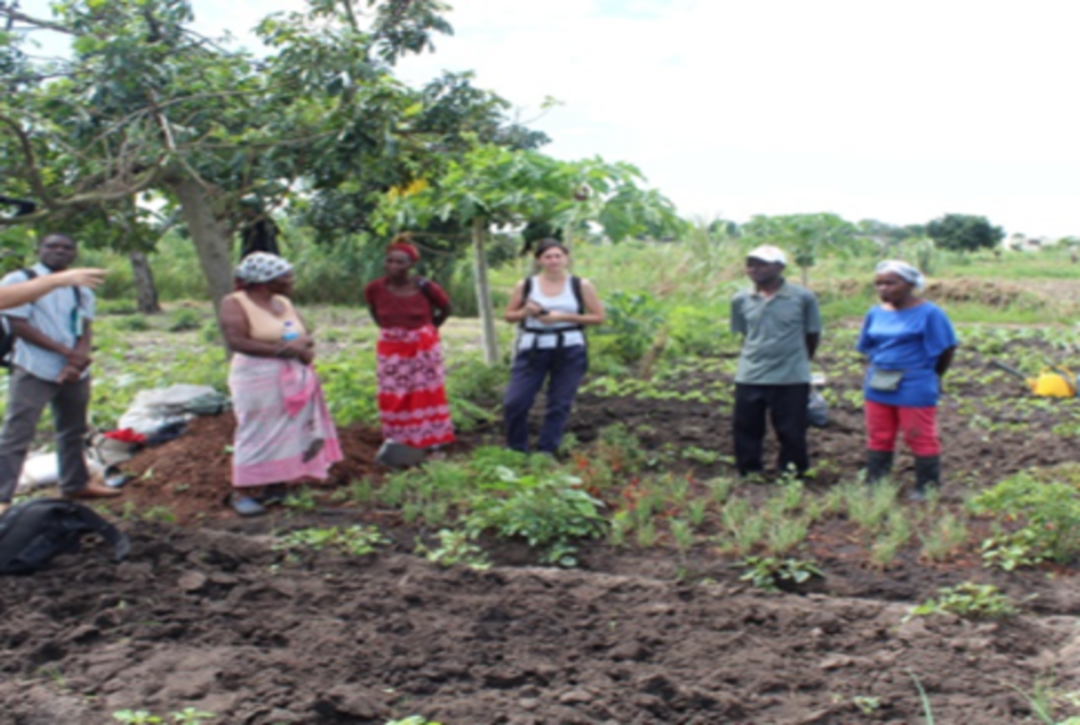
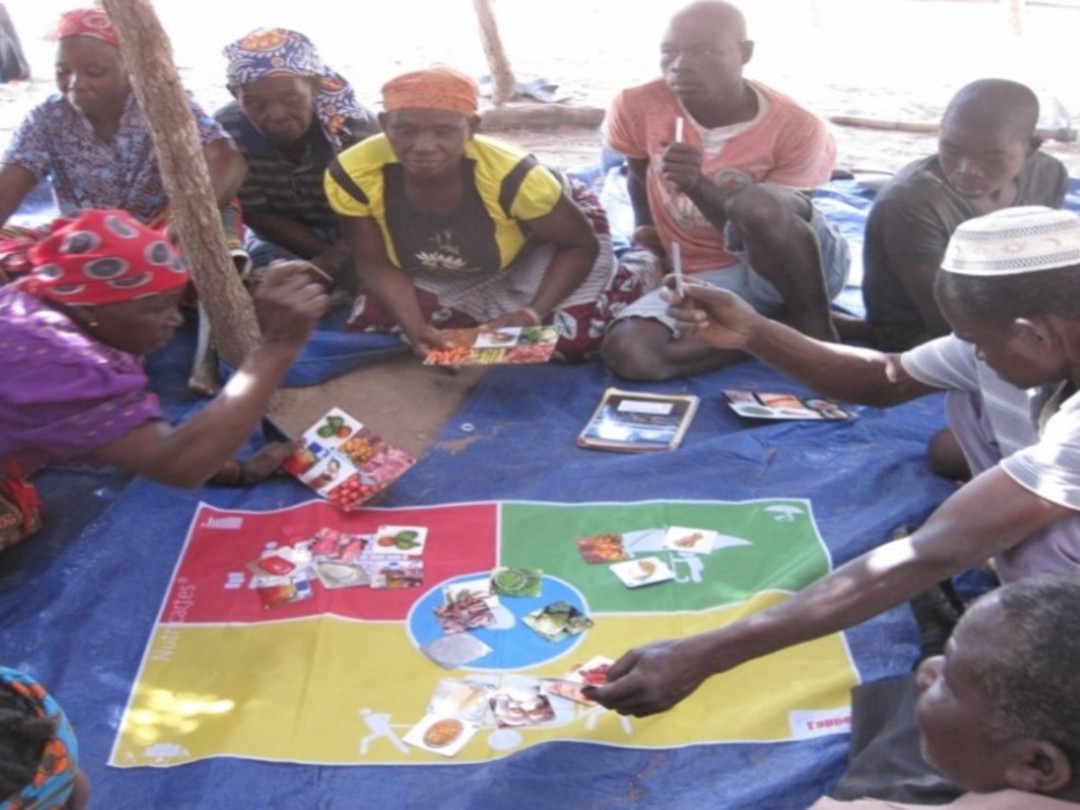
Mozambique
Population
30 million (2017)
Per Capita Income
USD 420/year (2017)
Poverty rate *
46% (2014)
Literacy rate
43% (2016)
Human Development Index
180th out of 189 countries (2018)
Mozambique’s economic activity has been adversely affected by the fall in commodity prices, poor weather conditions and the continued after-effects of the 2016 hidden debt crisis. Despite rapid growth and poverty reduction immediately after the civil war, the pace of poverty reduction has significantly slowed since 2003. Poverty is concentrated in rural areas and among illiterate female-headed households. There are significant challenges to food and nutrition security, with 80% of the population unable to afford the minimum cost of an adequate diet and 42% of children under five suffering from stunting, particularly in rural areas. Malaria remains the most common cause of death in the country, responsible for 35% of child mortality and 29% of the general population. HIV prevalence has followed a downward trend stabilizing at 11% among adults. Mozambique has one of the lowest levels of water consumption in the world, despite having a variety of water sources.
Sources: World Food Program, UNICEF, World Bank, 2016 Human Development Report, Human Development Indices and Indicators (2018 Statistical Update)
*The percentage of the population living below the national poverty line.